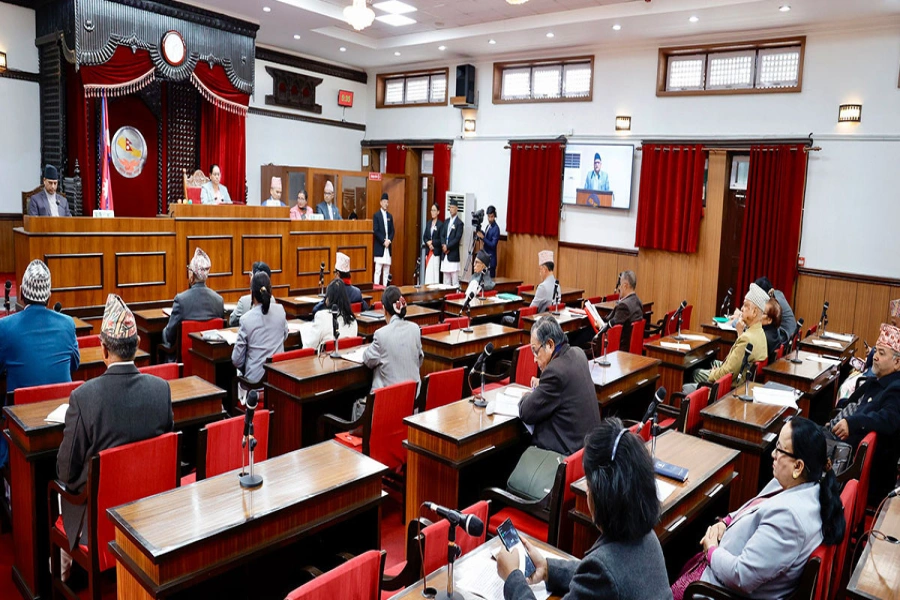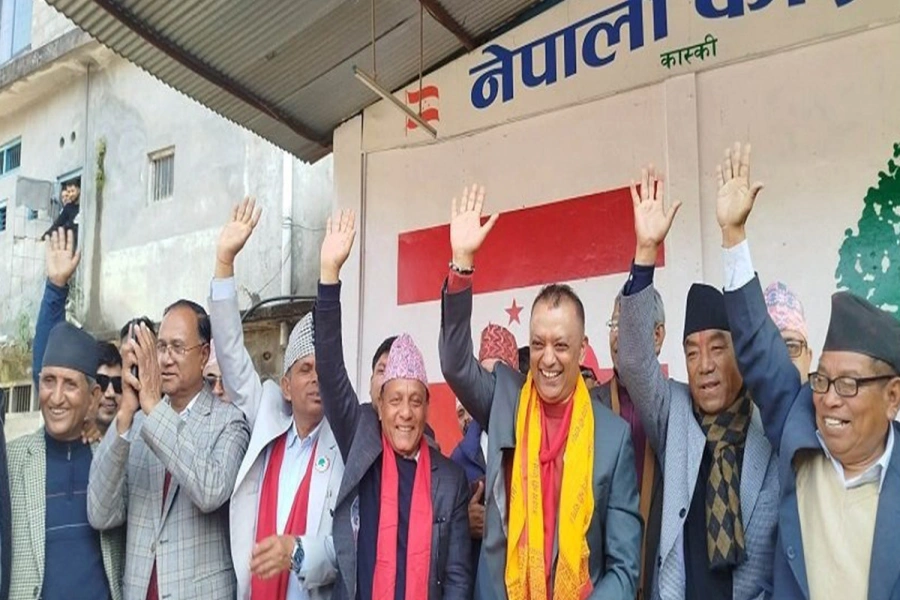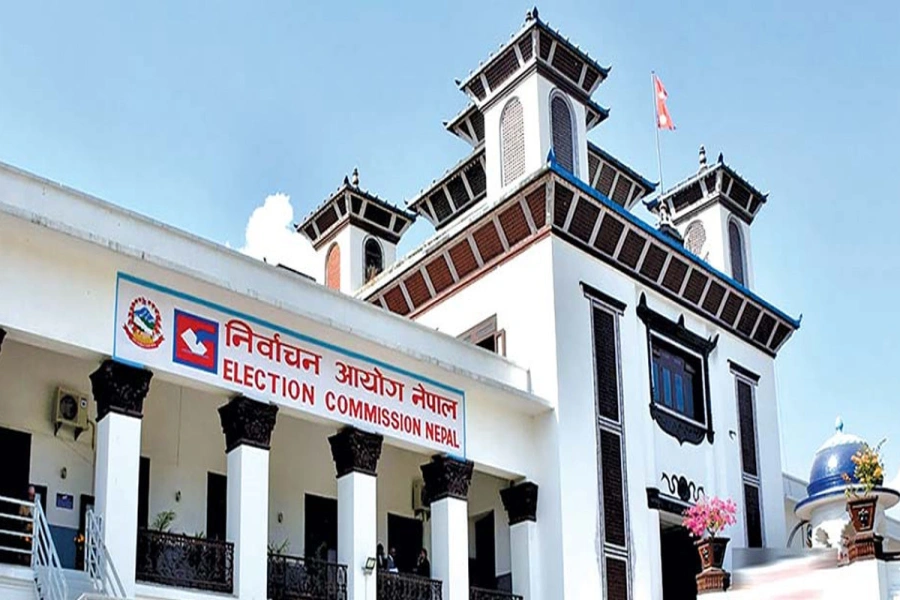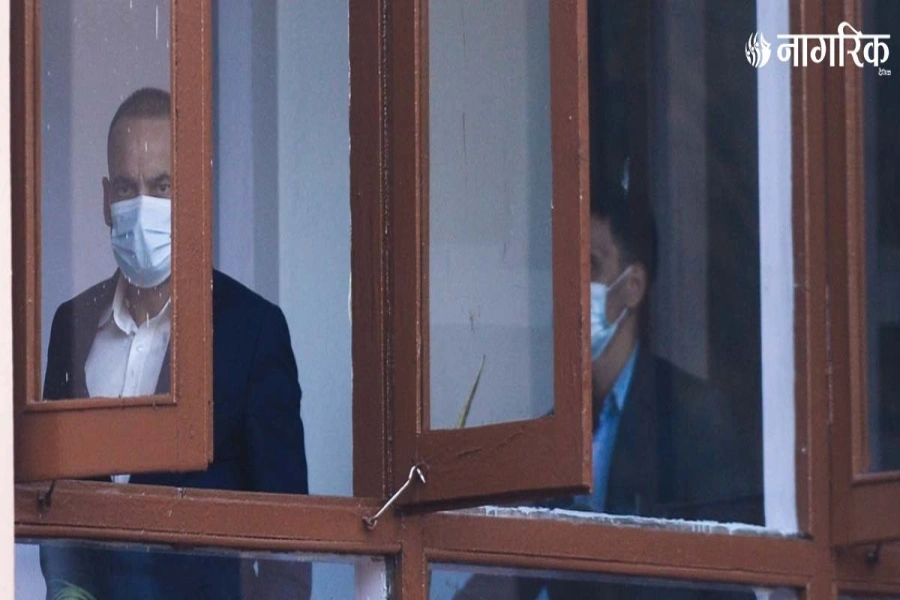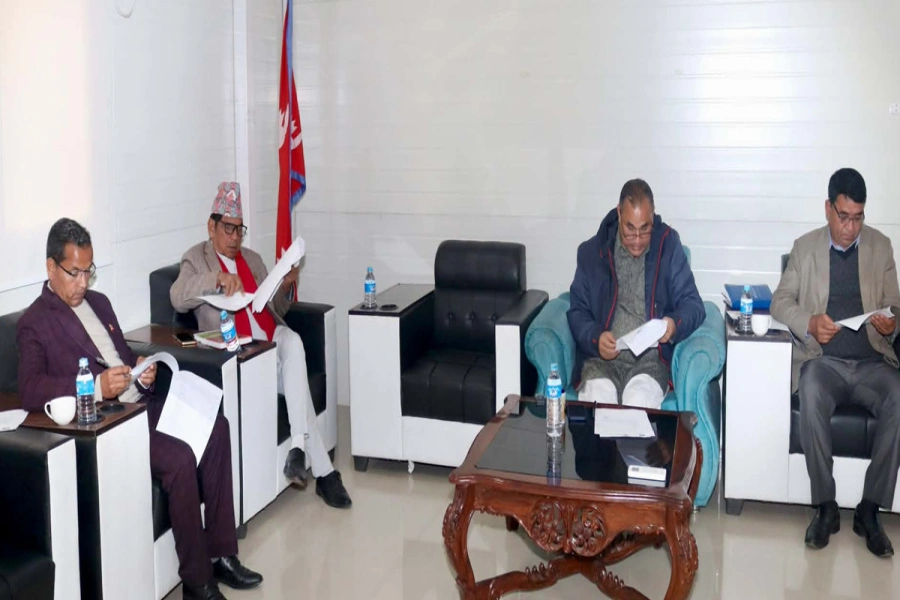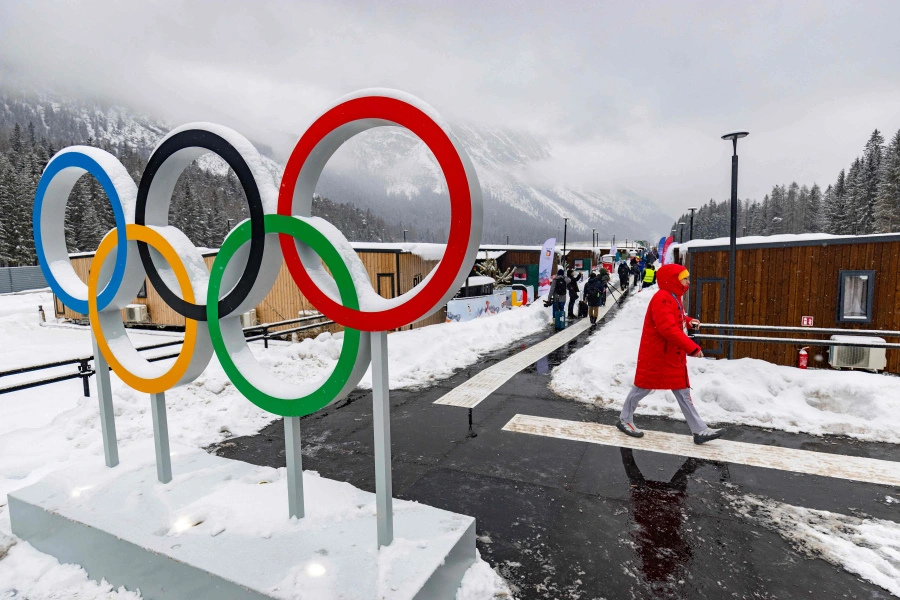BHAIRAHAWA, Nov 23: Stakeholders have expressed worries over growing dependence on food imports due to shrinkage of fertile land in the name of development and urbanization.
Speaking at an interaction of agriculture sector on the sidelines of the 4th National Industrial Trade Fair 2074 here on Wednesday, they stressed the need to protect fertile land to reduce food imports.
The festival is being organized by Nepal Industrial Trade Association Rupandehi.
Participants of the interaction urged the government to implement land use policy to increase agro productivity and reduce food imports.
"There is no arable land in Kathmandu"

Bhojraj Sapkota, chief of District Agriculture Development Office, Rupandehi, pointed out the need to promote integrated and commercial farming to end dependence on food imports. “Agriculture production will increase only if the government put in place a strict rule that bars use of farmland for non-agricultural activities,” he said, adding that the government should also encourage farmers by providing them subsidies on chemical fertilizers, seeds and agricultural tools, and eradicating middlemen so that farmers get good price for their produce.
Similarly, Rajendra Bahadur Karki, chief of Agriculture Inputs Company Limited (AICL), Bhairahawa, said farmers were not getting sufficient chemical fertilizers. “Annual demand for chemical fertilizers in Rupanedhi is 700,000 tons, but the government provides only around half of it. This is affecting productivity,” he added
Likewise, Mahesh Gupta, chief of Fishery Development Centre, Repundehi, urged the government to bring a policy for fish farming. He also said that the district holds great potentials for commercial fish farming. Stating that Nepal imports 11,200 tons fish from other countries annually, Gupta said that farmers should encourage fish farmers by providing them different subsidies for increasing fish production.
Responding to the stakeholders, Makbul Ali, unit head of Prime Ministry Agriculture Modernization Project, said that the government has already brought a program to develop Rupandehi as a superzone for fish farming.
Similarly, speakers like Ushakiran Gurung, vice president of the association, lack of farm workers and modern equipment, involvement of middlemen, and lack of inputs, among others, were affecting agricultural productivity.



